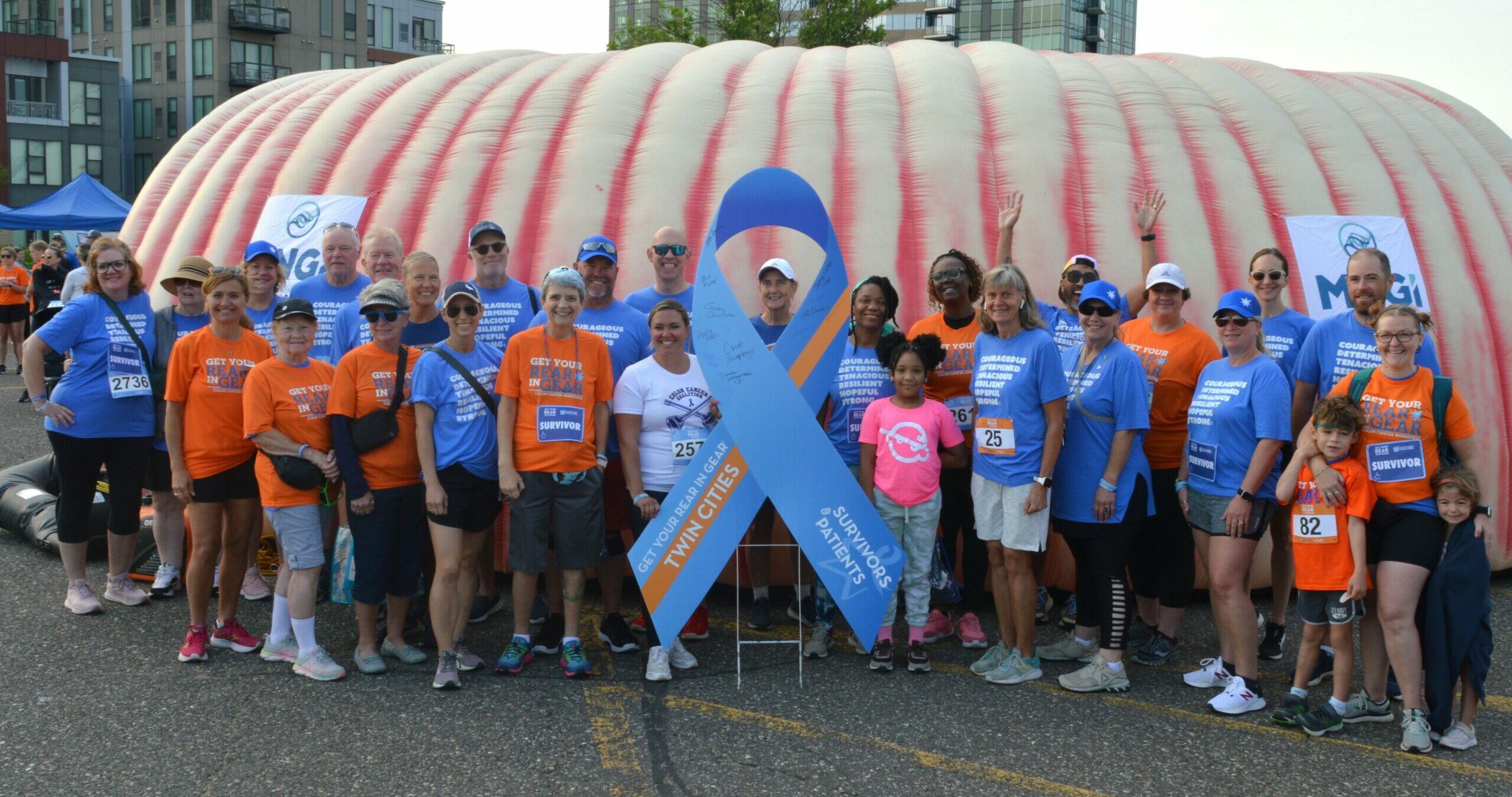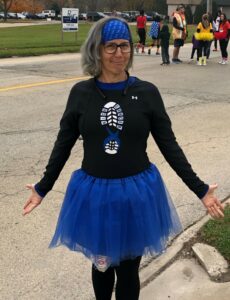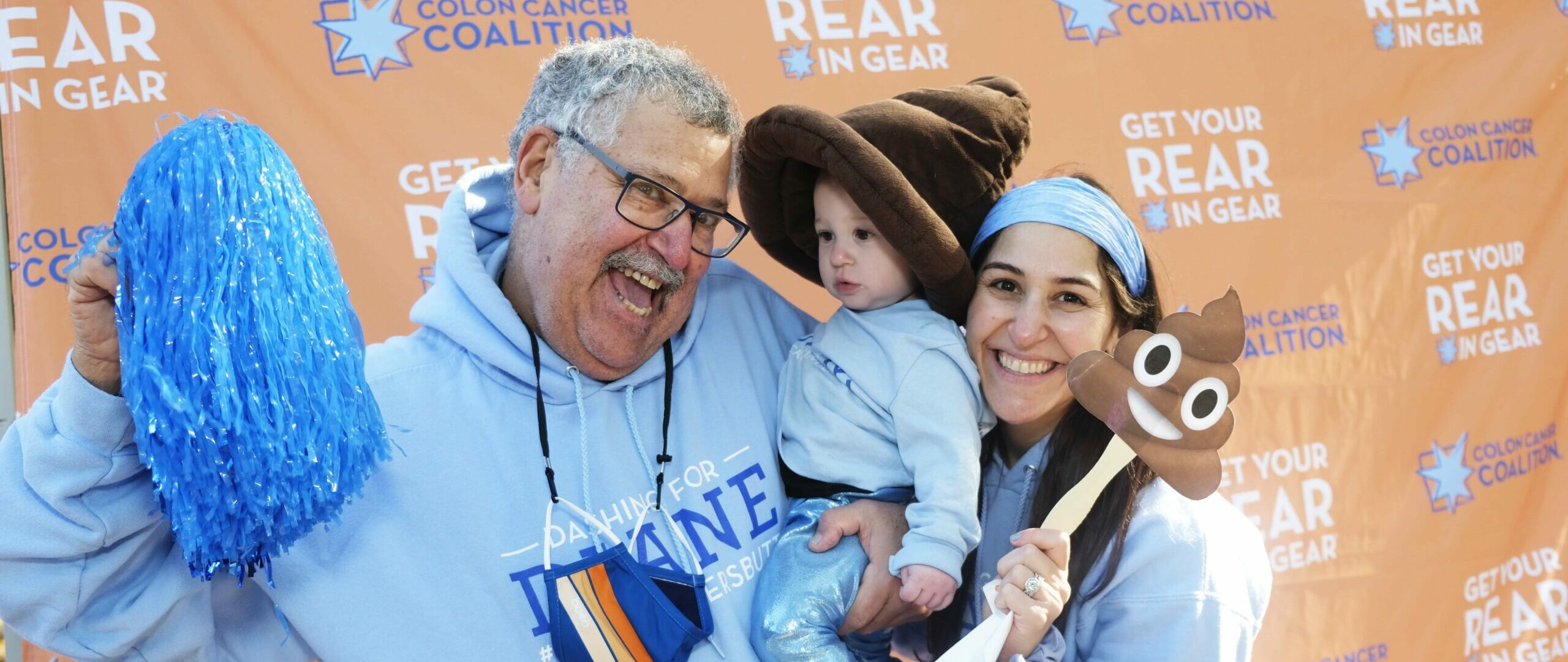
 As a coalition, each of us plays a different role in one ultimate purpose: increase screening and educate others about signs and symptoms to end colorectal cancer related deaths. And for most of us, this is because we understand all-too-well the toll that colorectal cancer takes. Either because we’ve been through it ourselves, or someone close to us has.
As a coalition, each of us plays a different role in one ultimate purpose: increase screening and educate others about signs and symptoms to end colorectal cancer related deaths. And for most of us, this is because we understand all-too-well the toll that colorectal cancer takes. Either because we’ve been through it ourselves, or someone close to us has.
Most of us have been in this world for so long and helped so many people (survivors, caregivers, family members, and more), but we can’t forget who sits at the precipice of this scary new world– newly diagnosed patients.
So we asked some members of our coalition, “What advice would you give a patient recently diagnosed with colorectal cancer?” Here are the five tips they gave:
- Day-to-day. Take things one day at a time, give yourself extra kindness, and try to set aside at least 10 minutes to personally check-in with yourself. This can look like asking yourself questions like: “What am I feeling? Where do I feel it in my body? What does this feeling look like? What do I think this feeling is trying to tell me?”
- Finding Resources. There are a lot of resources out there, but it’s about finding what works well for you and your needs. Everyone is different, and while that can be scary to not have a clear direction, it also opens you up to the opportunity to tailor your healing to what fits you best. Also, USE your resources. They’re there for a reason.
- Personal Advocacy. Be an advocate for yourself in discovering your resources and support, don’t let anyone else who isn’t in your body tell you what they think is best for you if it doesn’t feel right to you.

- Support. It’s important that you lean on your support system. People who help you pick up the slack on hard days, and people who understand that good days can still be hard and warrant needing help.
- Asking for help. Everyone says, “Don’t be afraid to ask for help,” but more specifically– “Don’t let your fear of asking for help stop you from asking for help.” It’s okay to be afraid or not know how to ask for help, but the people around you want to help you.

